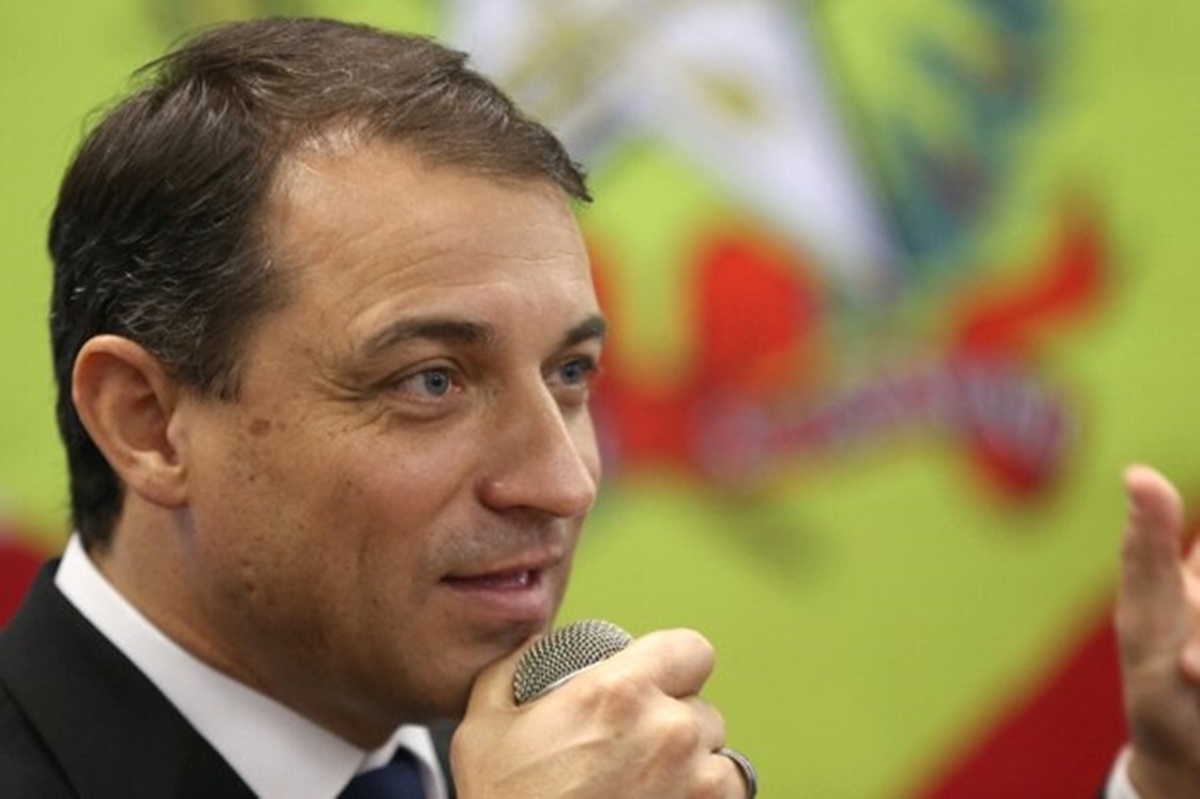RIO DE JANEIRO, BRAZIL – The temporary removal of Santa Catarina governor Carlos Moisés da Silva was passed on Friday evening, October 22nd. The trial court, made up of five state deputies and five Judges of the Santa Catarina Appellate Court (TJ-SC), decided by six votes to four to proceed with the impeachment trial that may determine the ouster of the state’s Chief Executive.

Vice-governor Daniela Reinehr, on the other hand, was absolved of responsibility by the vote of Deputy Sargento Lima. TJ-SC Chief Judge Ricardo Roesler was responsible for the tiebreaker that closed the case against the vice-governor. As of next Tuesday, October 26th, Daniela is expected to take charge of the state government, according to Roesler.
“I have always called for justice. I was amazed at the very high level of our judges. Now is a time of hard work, of united efforts. It will not be an easy task. Our State is privileged, with entrepreneurial and hard-working people, and a lot of potential to be developed,” said Daniela to CBN Diário, while celebrating Roesler’s decision.
Moisés, who did not attend the vote, will be officially notified of the Mixed Court decision on the first working day following the vote, Monday, October 26th, as provided in the regulations. The governor will be removed from his duties temporarily, while he prepares to stand trial on charges that could permanently remove him from office. Concurrently, he faces another mixed court vote on a second impeachment petition.
The case to be tried accuses the governor of an impeachable crime of accountability in a decision that matched the salaries of state prosecutors to those of members of the state legislative assembly ALESC. The deadline for the trial to conclude is 180 days. During this time, the regular procedure for a trial occurs: submission of witnesses and evidence or even judicial measures by the defense, if they consider appropriate.
“This period can be shortened or extended, according to the court’s understanding,” explains the constitutional and electoral law professor and advisor to the Brazilian Bar Association (OAB-SC) Rogério Duarte da Silva.
After the trial, if the trial court decides to confirm Moisés’ impeachment, the removal of the elected governor becomes final.
Departure from Casa D’Ágronômica
There is no legal provision for the governor to leave the official state residence during the time he is away for the impeachment trial, as expert Rogério Duarte da Silva explains. According to him, Moisés is prohibited from working in the administrative center, but may remain at the Casa D’Agronômica.
What prompted the impeachment request
The impeachment request was submitted by public defender Ralf Zimmer Junior following a salary comparison of state prosecutors – attorneys defending and representing the state government in lawsuits – with those of the ALESC. As Zimmer argues, this salary equalization was illegal and constituted a crime of accountability, because it had to be authorized through a legislative bill rather than through an administrative decree.
In practice, the salaries of state prosecutors were raised from R$30,000 to R$35,000 on average. This would represent an increase of approximately R$700,000 per month, according to the governor’s impeachment request accepted by the ALESC on Wednesday.
According to the Federal Constitution and Law 1.079/50, actions against the free exercise of the Legislative, Judiciary, Prosecutor’s Office and state powers, individual and social political rights, internal security of the country, probity in administration, budget law and compliance with laws and judicial decisions are considered “crimes of accountability”, the criterion for impeachment.
Ventilators
Carlos Moisés will still have to defend himself from a second impeachment petition, passed last Tuesday, October 20th, by the Legislative Assembly plenary by 36 votes to two.
The proceeding calls for the governor’s impeachment due to the purchase of 200 ventilators for R$33 million at the start of the novel coronavirus pandemic, in addition to other steps taken by the government during the health crisis, such as the attempt to build a field hospital, which ultimately did not materialize. Vice-governor Daniela Reinehr was not included as a defendant in this petition.
Source: nsc total

